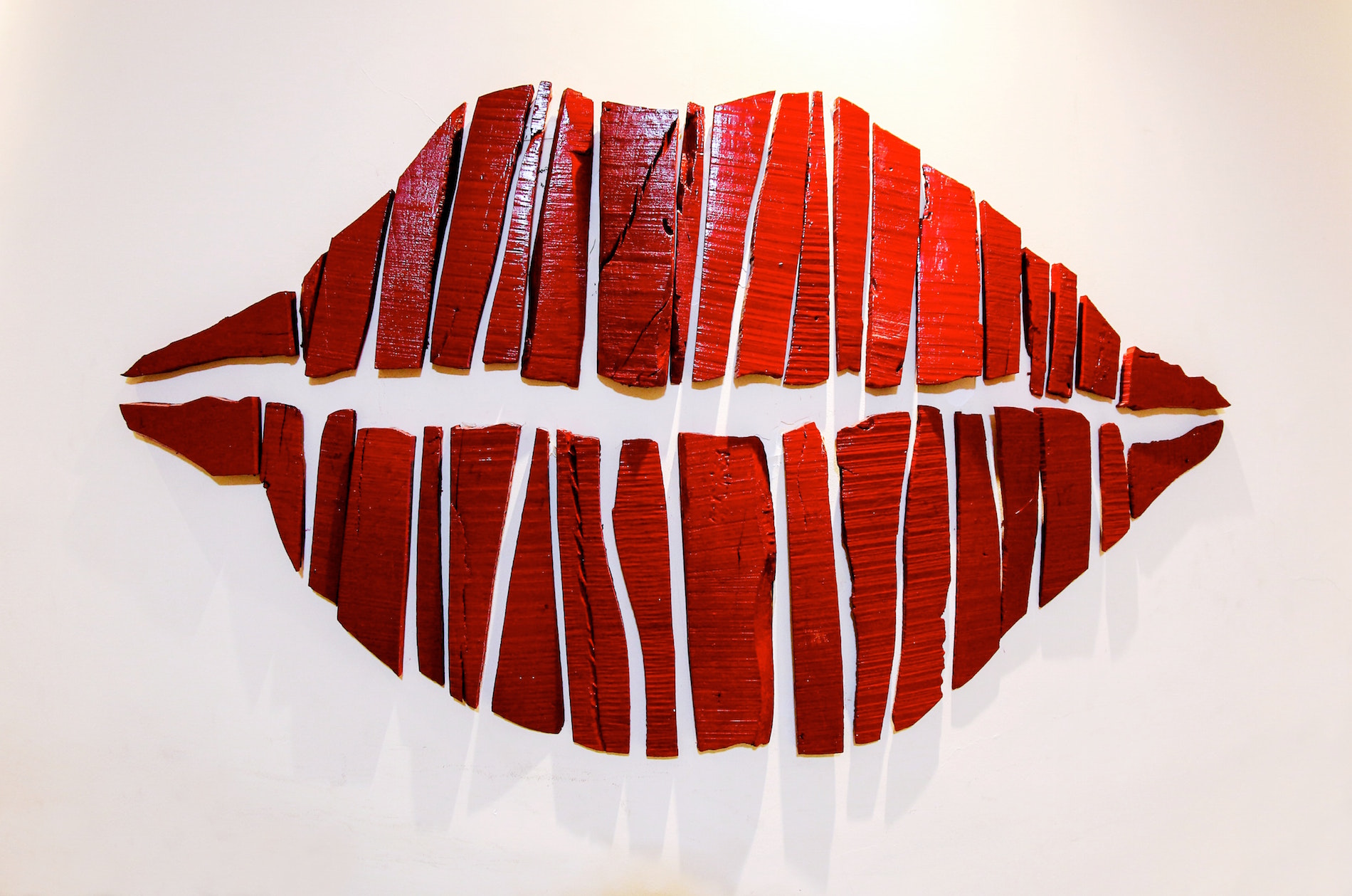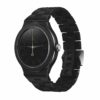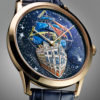Independence lipstick
From the Chanel make-up range, I choose the Indépendante lipstick. Because it draws a sign on the white page of the face that says: I do what I like. – Isabelle Cerboneschi. Photo: Buonomo & Cometti
If there’s one woman who symbolises independence, it’s Gabrielle Chanel. At a time when there was no such thing as a social ladder, the abandoned daughter of a travelling salesman jumped all over the hierarchy to reach the top of the pyramid, at the head of a fashion house that had become the epitome of luxury.
Never married, with no children of her own, she knew how to move in a world for which she was not cut out. When she set up her fashion house, Boy Capel, her lover, opened a line of credit with her bank in autumn 1910, enabling her to rent a flat at 21 rue Cambon and put up the Chanel Modes sign.
Boy Capel then helped her open a boutique in Deauville and then in Biarritz. But as soon as her finances allowed, Gabrielle Chanel paid him back everything, with interest, in 1915. “I won’t really know if I love you until I no longer need you,” she once told him. On learning that his mistress had paid off her debts, Boy Capel said to her: “I thought I had given you a toy, but I have given you freedom”.
A lipstick is an artifice, a colour to highlight a mouth that will speak or remain silent, smile or close. A red lipstick is a powerful sign, a colour placed on a page made not of paper but of flesh.
Red is the colour Lucia Pica chose for the entire first collection she created as Global Creative Designer for Chanel Make-up and Colour, which was launched in 2016. “Mademoiselle Chanel used to say: if you’re sad, if you’re having a heartbreak, put on make-up, put on lipstick, and attack. For her, this colour signified power, the power of femininity. For me, paradoxically, it also represents vulnerability and all the aspects of a woman: experience, desire, sensuality”, explained Lucia Pica.
When this red is called Indépendante, the symbolism is even stronger. You can choose a make-up for its colour (in fact, this is recommended). But you can also choose it for its name. That’s why I chose it: for the promise it carries, a promise I desperately want to believe in.















